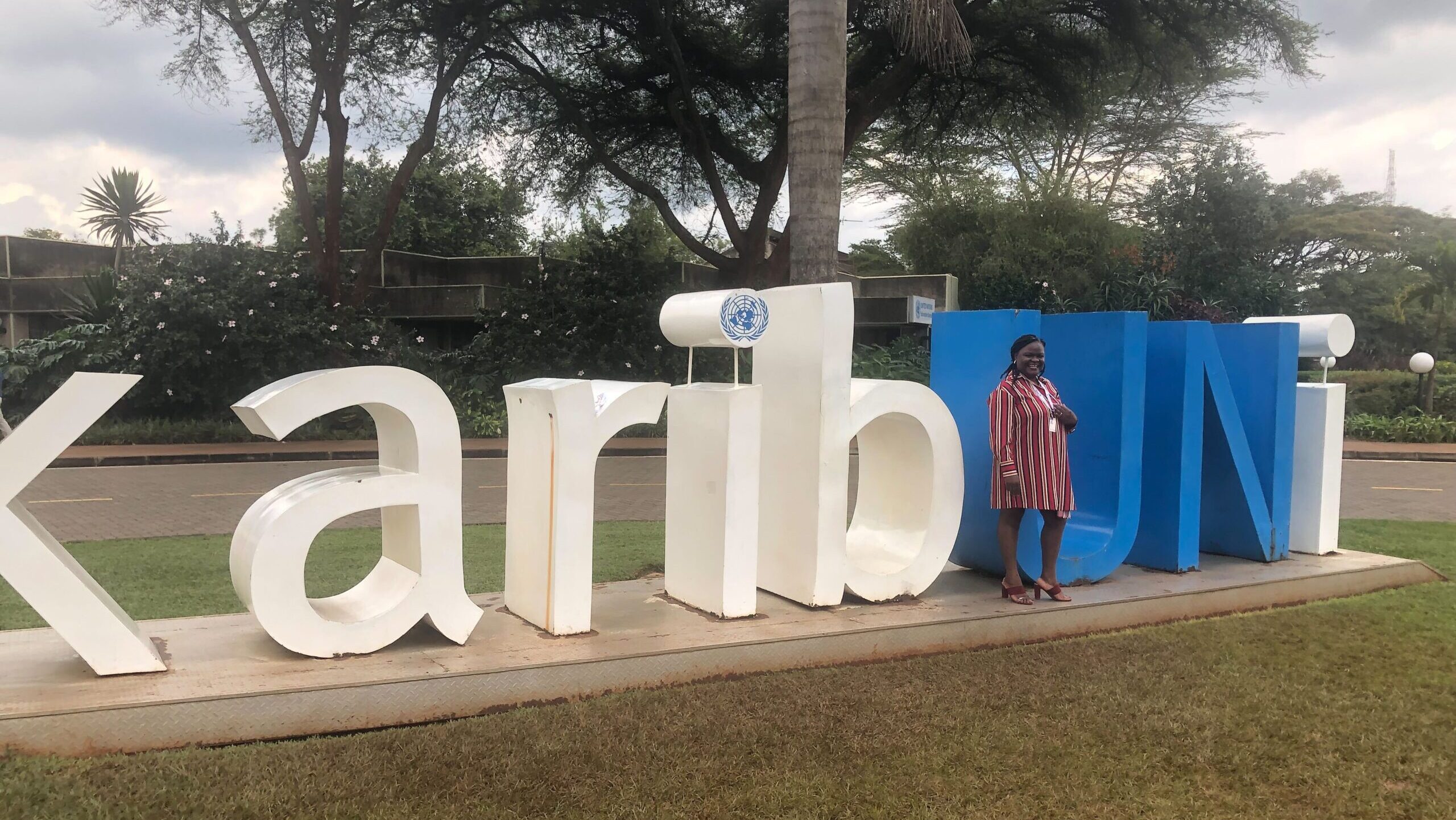Article by Cathy Amenya, Programs Manager, the Movement for Community-Led Development
The 69th UN Civil Society Conference, held on 9th-10th May in Nairobi, Kenya, marked a historic milestone as the first such gathering to take place in the Global Majority world. This aligns with the consistent push by the Movement for Community-led Development (MCLD) to have similar international convenings made accessible – in terms of location, language and requirements to participate- for communities and CSOs in the Majority World. The two-day event served as a platform for preliminary discussions and data sharing ahead of the highly anticipated Summit of the Future in September 2024.
As a participant, I found the Impact Coalition sessions particularly insightful, as they provided a space where my voice could be heard among powerful stakeholders. One standout session was “Fostering Human Rights-Centered Economies.” This discussion highlighted the brutal realities of development initiatives that fail to integrate human rights into their core agenda. Without a human rights lens, development can displace and expel communities, leading to the weaponization of debt and various forms of unsustainable growth, including jobless, voiceless, futureless, ruthless, and rootless expansion.
A key takeaway was the importance of acknowledging the intersectionality of development and the unique characteristics of communities, even at the local level. Scaling community projects should account for these variations, ensuring that the process itself is inclusive and representative. For instance, the concept of “public participation” must be re-evaluated to ensure that diverse voices are heard, not just those of the privileged few who can attend meetings during traditional working hours.
Another insightful session I attended was “Funding for Community Action on Sustainable Development.” This discussion explored collective needs for access to funding and highlighted good practices from various civil society groups on approaches to enhance flexible funding support for grassroots organizations working on sustainable development. The aim was to shift the balance of power and agency in international development toward more participatory, community-led approaches.
Presenters shed light on the funding constraints faced by civil society and community-based organizations (CSOs and CBOs). One presenter emphasized the importance of recognizing communities as actors rather than mere beneficiaries. CSOs and CBOs highlighted the challenges of competing with governments for funding, leading to a shrinking space for their operations. While governments excel at implementing technical projects like infrastructure, they often struggle with social projects, where communities’ deep understanding of their situations gives them a distinct advantage.
Notably, international organizations registering as local entities were criticized for imposing knowledge and policies from the Global North while diverting funds intended for local actors. One participant questioned the notion of “capacity building,” arguing that communities possess their own knowledge and strengths that others should strive to learn from. Communities often have the technical capacity to run their own projects but are denied opportunities by donors who fail to provide administrative costs for hiring accountants, monitoring, and evaluation experts. Another participant suggested exploring creative ways for communities to tap into their existing resources and skills, moving away from a reliance on donors. However, as previously noted, if development causes negative expansion, it becomes difficult to leverage these community-based resources effectively.
Overall, the conference highlighted the urgent need to integrate human rights into the development agenda, fostering economies that prioritize the well-being and dignity of all individuals and communities. It was a valuable experience that reinforced the significance of intersectional and inclusive approaches to achieve meaningful and equitable progress. The conference also underscored the importance of this 69th UN Civil Society session being the first held in the Global Majority world, amplifying voices that have often been marginalized in international development discourse.
The insights I gained from this conference are instrumental in shaping my approach to development. The first-hand accounts of funding challenges, power imbalances, and the importance of centering community knowledge have reinforced my conviction in the core principles we uphold. Moving forward, I hope that we can double down on our efforts to advocate for human rights-centered development models. Models that uphold marginalized communities’ inherent capacity to steer their own sustainable growth, recognizing them as the key architects and decision-makers.
The conversations and perspectives shared at this historic gathering have equipped me with a deeper understanding of the systemic barriers communities face, as well as the innovative solutions they are cultivating from within. I am reinvigorated in my commitment to amplifying their voices, facilitating access to flexible funding, and dismantling the top-down paradigms that have long hindered community-led progress. It is imperative that we continue pushing for a fundamental shift in the international development landscape, one that recognizes the inherent strengths, agency, and self-determination of all people.


